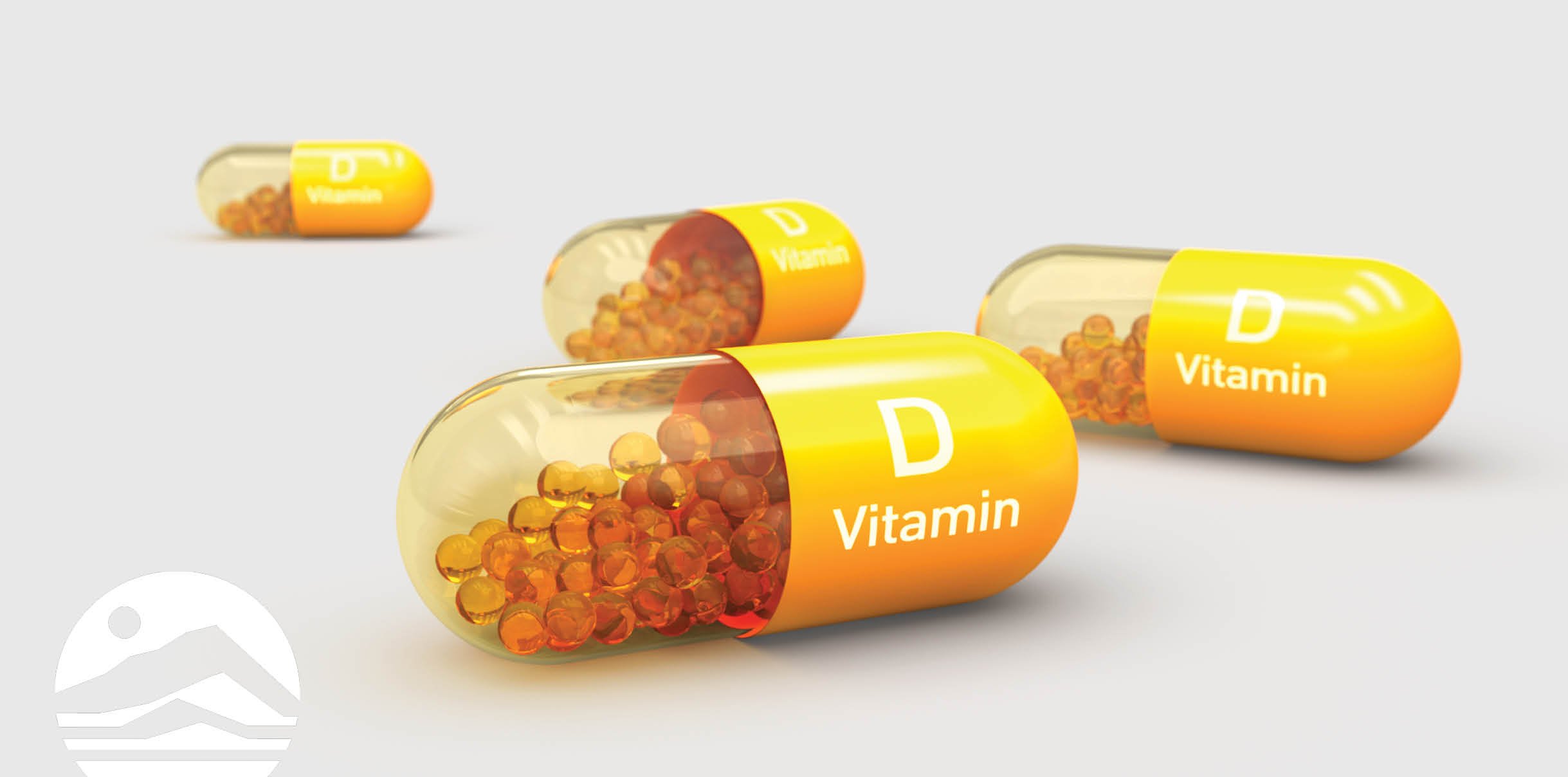We are in that weird fall/winter limbo season. You know, it’s not really fall anymore because the leaves are almost all completely off the trees, but then again, the snow is a little skimpy and mushy too. Hikers and hunters don’t forget that this is also a really high avalanche risk time as well. It’s very muddy in the woods, there’s puddles galore and bears have a ways to go before they settle down for the winter. The moose-match dating season is still ongoing so watch out for those frisky moose! Some nights are under 32º so puddles freeze. Some nights are not. If you want to give your Begonias a chance to make it to next year, you’d best put them in the garage and let the bulbs dry out.
Daylight savings time is right around the corner, but the inevitable shorter daylight hours are already fairly obvious: it’s dark when we go to work and dark when we come home (or nearly so.) Having said that, getting out the Vitamin D is right at the top of the To-Do List along with getting the winter tires put on the car. If we need winter tires, chances are light is rapidly diminishing and we need to start taking Vitamin D as well.
Every doctor in this blessed state of ours will tell you that most Alaskans are Vitamin D deficient in the winter unless they actually take it. What is the hullaballoo about Vitamin D all about? For starters, we generally get it freely (and for free!) in the summer months. We absorb it through our skin from the glorious and abundant rays of sunshine. In the winter, my husband will only take the chewable kind that taste like Gummi-bears. Hey, whatever it takes, right?
Lack of Vitamin D has been deemed related to bone depletion such as rickets. The National Organization for Rare Disorders researchers notes: “Vitamin D is needed for the metabolism of calcium and phosphorus in the body. Vitamin D affects how calcium is deposited in the bones; thus, it is considered essential for proper bone development and growth. Major symptoms of vitamin D deficiency rickets include bone deformities and bone pain, slow growth, fractures and seizures.”
In addition to bone depletion, a lack of Vitamin D correlates to all manner of other health maladies. Depression is one of them. There has been no shortage of ink spilled on this topic. While this is a very complicated topic, and I am not about to tell you that if you take Vitamin D you won’t get depressed, there is reason to believe that lack of light and lack of Vitamin D can be contributing factors to depression. In the online publication Healthline, researchers noted in multiple studies that not only did patients who experienced depression have low Vitamin D levels, but individuals with low levels of Vitamin D were statistically at a higher risk of developing depression.
In addition to depression and rickets, other diseases also correlate to Vitamin D deficiency: osteoarthritis, bone density, heart disease and even cancer are some of them. The Mayo Clinic even factored in the risk of Vitamin D deficiency to Multiple Sclerosis. Vitamin D can be one of many mitigating factors in preventing M.S. but it can also be true that, according to M. D. Iris Collazo, “…for people who already have M.S., vitamin D may offer some benefits. These benefits include lessening the frequency and severity of their symptoms, improving quality of life, and lengthening the time it takes to progress from relapsing-remitting multiple sclerosis to the secondary-progressive phase.” Interestingly enough, medical researchers have noted that the further away from the equator a person lives, the greater the risk of acquiring M.S. Why? Northern climates have extremes in low light quantities for prolonged periods.
The Mayo Clinic also comments that there are many unknown beneficial effects of Vitamin D, but it is a known factor that it somehow strengthens the immunity system. That is good news as we head into winter with more time spent indoors with other people and the risk of transmitting colds, flus and other highly transmissible diseases goes up. At least we can do something to help ourselves on this front, even if it is to just reduce the severity of a cold or flu.
In addition to taking Vitamin D, the power of exercise can go a long ways on all these aforementioned health risks. It can improve bone density, reduce the likelihood of depression due to the tremendous benefits of increased oxygen, enhancing our sense of self-esteem and self-efficacy, producing more endorphins and feel-good hormones which flood our system and bringing us together to reduce the sense of isolation and cabin fever so prevalent in winter. See you in the pool, the weight rooms and the cardio rooms. And don’t forget to take your Vitamin D!
https://rarediseases.org/rare-diseases/rickets-vitamin-d-deficiency
https://www.healthline.com/health/depression-and-vitamin-d
https://www.mayoclinic.org/diseases-conditions/multiple-sclerosis/expert-answers/vitamin-d-and-ms/faq-20058258


